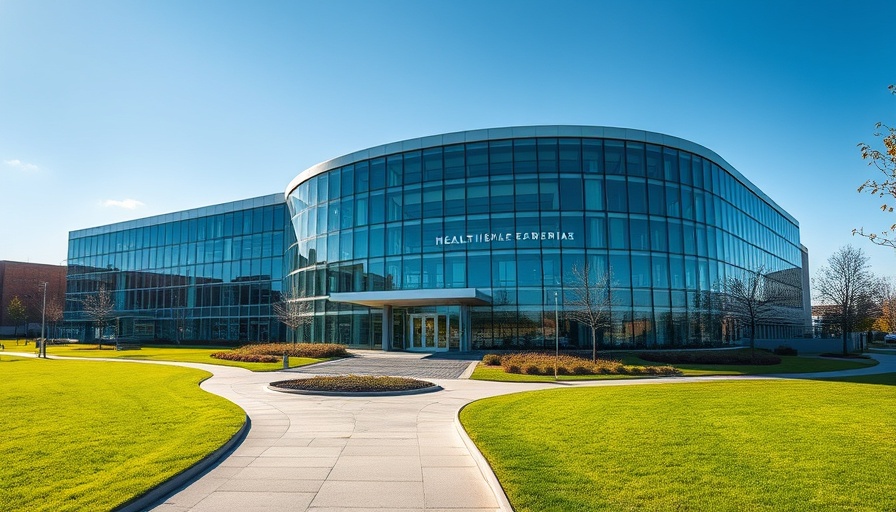
Understanding Cyber Recovery vs. Disaster Recovery in Healthcare
The recent ransomware attack on the University of Vermont Health Network serves as a sobering reminder of the vulnerabilities that health systems face in today’s digital landscape. With over 1,300 servers going offline within 15 minutes, the incident highlights a critical distinction between traditional disaster recovery (DR) methods and the specialized needs of cyber recovery.
What Happened?
The phishing attack that initiated the ransomware incident was rooted in a common scenario. An employee’s daughter inadvertently forwarded an email with malicious content, leading to a rapid compromise of the health network’s systems. According to CISO Nate Couture, such attacks don’t allow time for preventive action; they instead plunge organizations into chaos, where downtime procedures are grossly inadequate for long-term disruptions.
Long-Term Implications for Healthcare
Healthcare institutions are typically prepared for short-term outages—with plans designed for a few hours or days of downtime. However, as seen in this case, the Epic electronic health record system remained offline for four weeks, showcasing an alarming gap in preparedness for extended cyber incidents. Lee Kim, a senior principal for cybersecurity and privacy at HIMSS, notes this stark difference: “Traditional disaster recovery means getting back to normal from physical and environmental incidents, whereas cyber recovery entails addressing the often unseen threats of cybersecurity breaches.”
Future Strategies: Bridging the Gap
As health tech innovations continue to reshape the industry, there’s an urgent need for health systems to integrate cybersecurity into their operational frameworks. Organizations must rethink their recovery strategies to navigate the unique demands of cyber incidents. This includes spending on AI-driven health solutions that can predict and prevent potential threats while ensuring that they have robust contingency plans in place for data restoration and system recovery.
Emphasizing AI in Healthcare Security
AI is becoming increasingly vital for healthcare systems, not just for improving patient care through personalized medicine and telehealth advancements, but also for strengthening cybersecurity defenses. By utilizing AI for diagnostics and risk assessments, health systems can proactively safeguard their networks against potential vulnerabilities before they become catastrophic threats.
Final Thoughts: The Changing Landscape of Health System Recovery
For healthcare professionals and technology developers, the battle against cyber threats demands a rethinking of traditional responses to incidents. As we look to the future of healthcare technology, it’s clear that integrating health tech innovations and AI in healthcare systems will be essential in fortifying defenses. Institutions should take proactive steps today to enhance their cyber recovery strategies, ensuring they are not just prepared for the worst but capable of emerging stronger.
 Add Row
Add Row  Add
Add 




Write A Comment